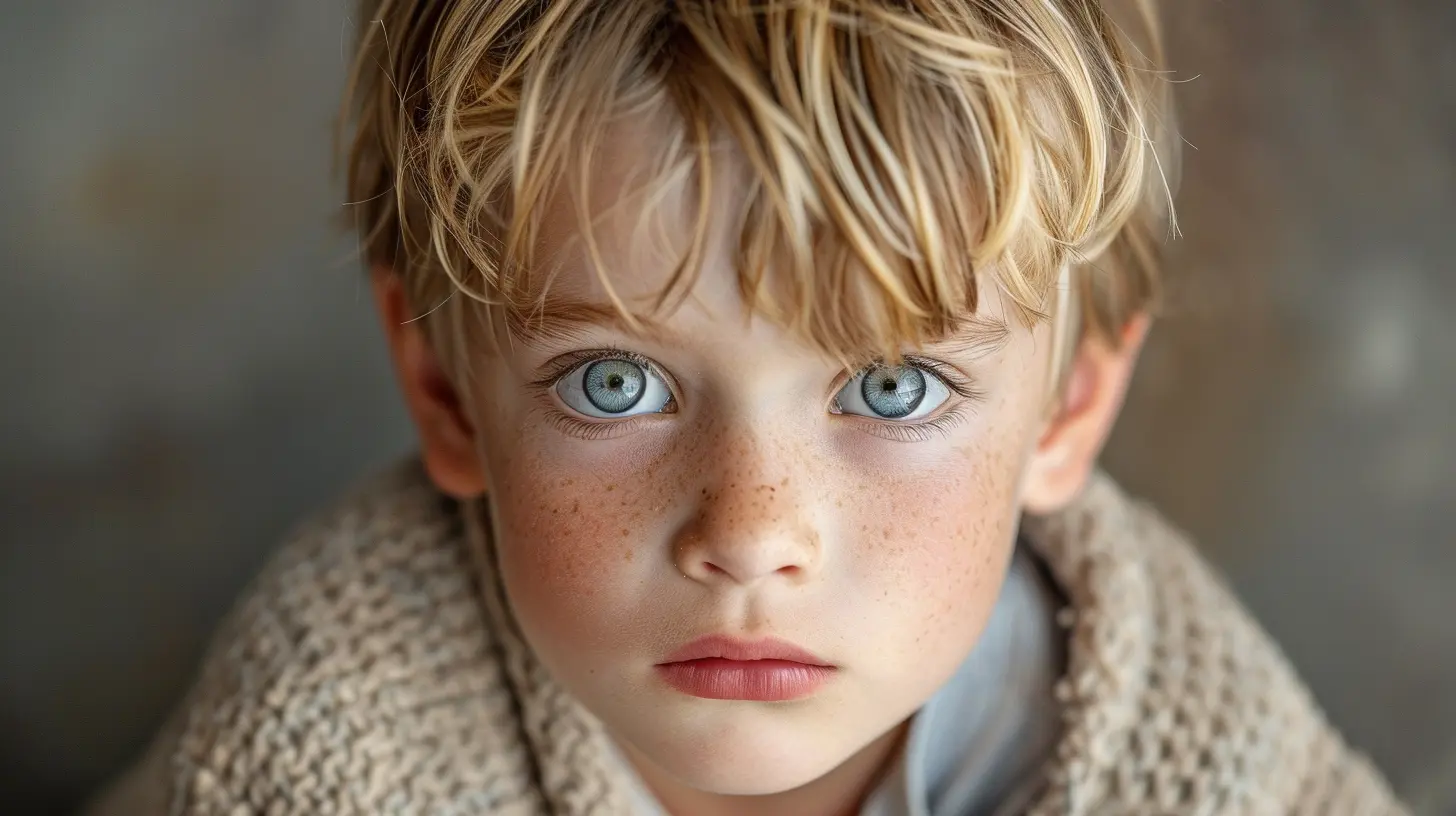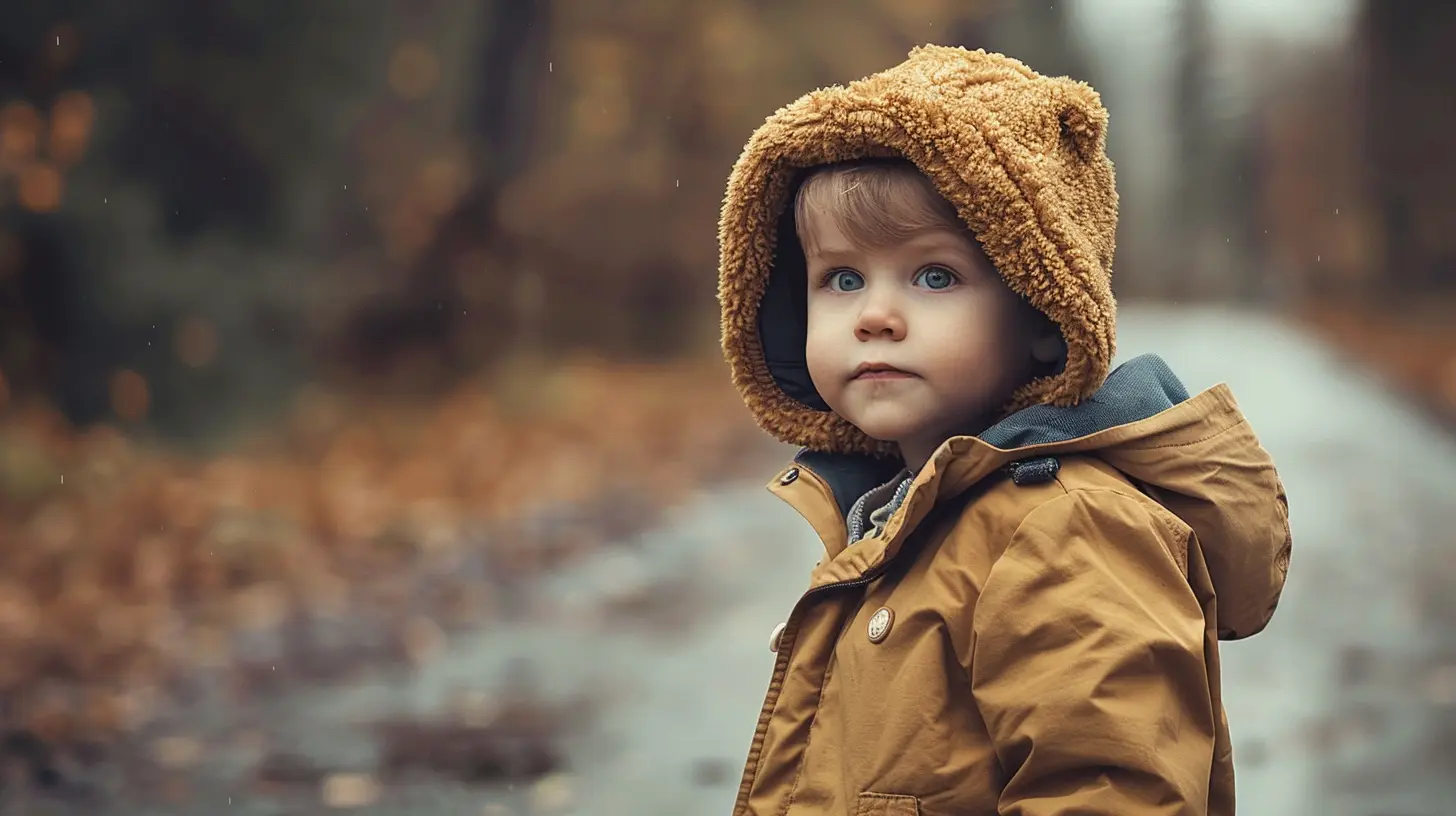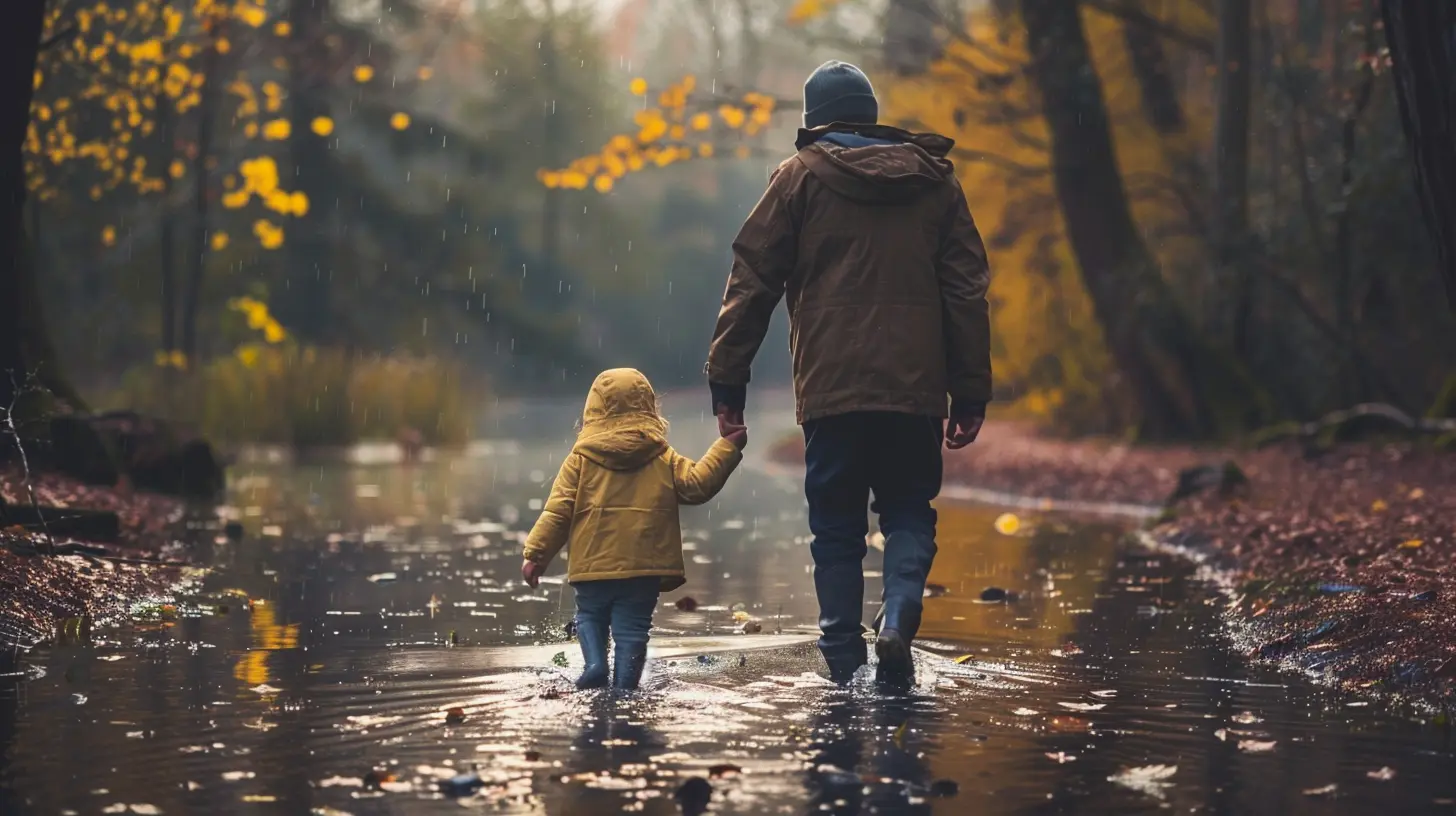Positive Discipline Strategies for Preschool-Age Children
23 October 2025
Parenting a preschooler is like trying to herd a bunch of tiny, highly emotional, and incredibly stubborn kittens. One minute, they’re sweet and cuddly, the next, they’re melting down over the wrong color cup. But don’t worry—you’re not alone! Positive discipline is your secret weapon, helping guide your little one’s behavior without resorting to yelling, threats, or punishments.
Discipline isn’t about controlling kids—it’s about teaching them how to manage their emotions, communicate effectively, and make good choices. Let’s dive into some positive discipline strategies that actually work for preschool-age children.

What Is Positive Discipline?
Positive discipline is all about teaching, not punishing. It’s based on mutual respect and helps kids learn self-discipline and responsibility. Instead of making children feel bad for their mistakes, positive discipline focuses on guiding them toward better behavior through patience, understanding, and consistency.Why Does Positive Discipline Work?
- Encourages Emotional Development – Kids learn how to handle frustration and disappointment in a healthy way.- Teaches Problem-Solving Skills – Instead of just stopping bad behavior, it encourages kids to think critically about their actions.
- Builds Stronger Parent-Child Relationships – When discipline is based on respect and communication, children feel valued and heard.
- Reduces Power Struggles – When kids understand boundaries and expectations, there’s less room for tantrums and defiance.
Now, let’s get into practical strategies you can use every day!

1. Set Clear and Consistent Expectations
Preschoolers thrive on routine and predictability. If they know what’s expected of them, they’re more likely to cooperate.- Keep rules simple and easy to understand: "We use gentle hands," "We clean up our toys," "We listen when someone is talking."
- Be consistent! If a rule applies today, it should apply tomorrow too—no exceptions just because you’re tired.
- Offer reminders. Instead of scolding, gently reinforce expectations: “Remember, we use an inside voice at the table.”
Your child isn’t testing your patience on purpose (well, not always). They’re learning, and repetition is key!

2. Give Choices Instead of Commands
Preschoolers are at that stage where they really want to be independent (even though they still need your help for almost everything). Giving them choices helps them feel empowered while still guiding their behavior.Instead of saying, “Put on your shoes now!” try:
- “Do you want to wear your red shoes or blue shoes?”
- “Would you like to hop to the car or march like a soldier?”
See what happened there? You got them to do what you needed, but they felt like they were in control. Win-win!

3. Use Positive Reinforcement
Kids respond much better to encouragement than criticism. Rather than scolding them for what they did wrong, praise them when they do something right.- Be specific: Instead of saying, "Good job," try, “I love how you shared your toy with your friend!”
- Use encouragement over praise: "You worked really hard on that puzzle!" (This focuses on effort rather than just results.)
- Create a reward system: Not bribes, but simple incentives like sticker charts for good behavior.
Your child will be more motivated to repeat good behavior when they feel appreciated for their efforts.
4. Redirect Bad Behavior
Sometimes, preschoolers act out simply because they’re bored, tired, or overstimulated. Instead of punishing them for misbehavior, try redirecting their energy into something positive.- If they’re throwing blocks, say, “Blocks are for building. Let’s throw this soft ball instead!”
- If they’re screaming inside, suggest, “Let’s go outside and use our big voices!”
Redirection helps kids learn what to do instead of just what not to do.
5. Teach Emotional Regulation
Preschoolers have BIG emotions but very few tools to handle them. Instead of punishing tantrums, use them as teachable moments.- Name their feelings: “I can see you’re really frustrated right now.”
- Teach calming strategies: Deep breaths, counting to ten, or squeezing a stuffed animal can help.
- Model appropriate behavior: If you stay calm, they’ll learn to do the same.
Helping kids understand and manage their emotions now will set them up for success in the future.
6. Use Natural Consequences
Sometimes, the best way for kids to learn is by experiencing the natural result of their actions.- If they refuse to wear a jacket, let them feel a little chilly (as long as it's safe).
- If they spill their juice, have them help clean it up.
Natural consequences teach responsibility in a way that makes sense—without shame or punishment.
7. Practice Time-Ins Instead of Time-Outs
Time-outs can feel isolating to young kids, but a time-in—where you sit with them and help them process their emotions—can be much more effective.When your child is upset:
- Sit with them and offer comfort.
- Help them talk about their feelings.
- Guide them toward a solution: “What can we do next time instead of hitting?”
This approach teaches emotional regulation rather than just forcing them to sit in silence.
8. Lead By Example
If you want your preschooler to use kind words, be patient, or say “please” and “thank you,” guess what? You have to do it too!Children learn more from what we do than from what we say. If you stay calm during stressful moments, apologize when you make mistakes, and treat others with kindness, your child will follow your lead.
9. Pick Your Battles
Not every minor act of defiance needs a full-blown lesson. Sometimes, it’s better to let little things slide (within reason) and focus on the bigger picture.- Does it really matter if they wear mismatched socks? Nope.
- Is it worth the energy to argue over them eating three more bites? Probably not.
Save your discipline efforts for things that truly matter, like safety, kindness, and respect.
10. Show Unconditional Love
At the end of the day, your child needs to know that they’re loved no matter what. Make sure your discipline comes from a place of love, not frustration.- Hug them after a tough moment.
- Remind them that mistakes are how we learn.
- Let them know you're always there for them.
Your preschooler will make plenty of mistakes—it’s all part of growing up. But when they know they’re loved unconditionally, they’ll feel safe enough to keep trying.
Final Thoughts
Positive discipline isn’t about being a pushover or letting your child run the show. It’s about guiding them with respect, patience, and understanding. By setting clear expectations, offering choices, using positive reinforcement, and teaching emotional regulation, you’ll help your preschooler develop the skills they need to thrive.Remember, parenting is a marathon, not a sprint. There will be tough days (lots of them), but every gentle and thoughtful interaction helps build the foundation for a kind, responsible, and emotionally intelligent child. You’re doing a great job—keep going!
all images in this post were generated using AI tools
Category:
Parenting PreschoolAuthor:

Maya Underwood
Discussion
rate this article
1 comments
Elizabeth Turner
Positive discipline fosters a supportive environment. Focus on guidance, set clear expectations, and use praise to encourage desired behaviors. Consistency and love are key to helping preschoolers learn self-control and respect for others.
October 25, 2025 at 3:53 AM

Maya Underwood
Thank you for your insightful comment! I completely agree—consistent guidance, clear expectations, and love are essential in fostering a nurturing environment for preschoolers to thrive.


